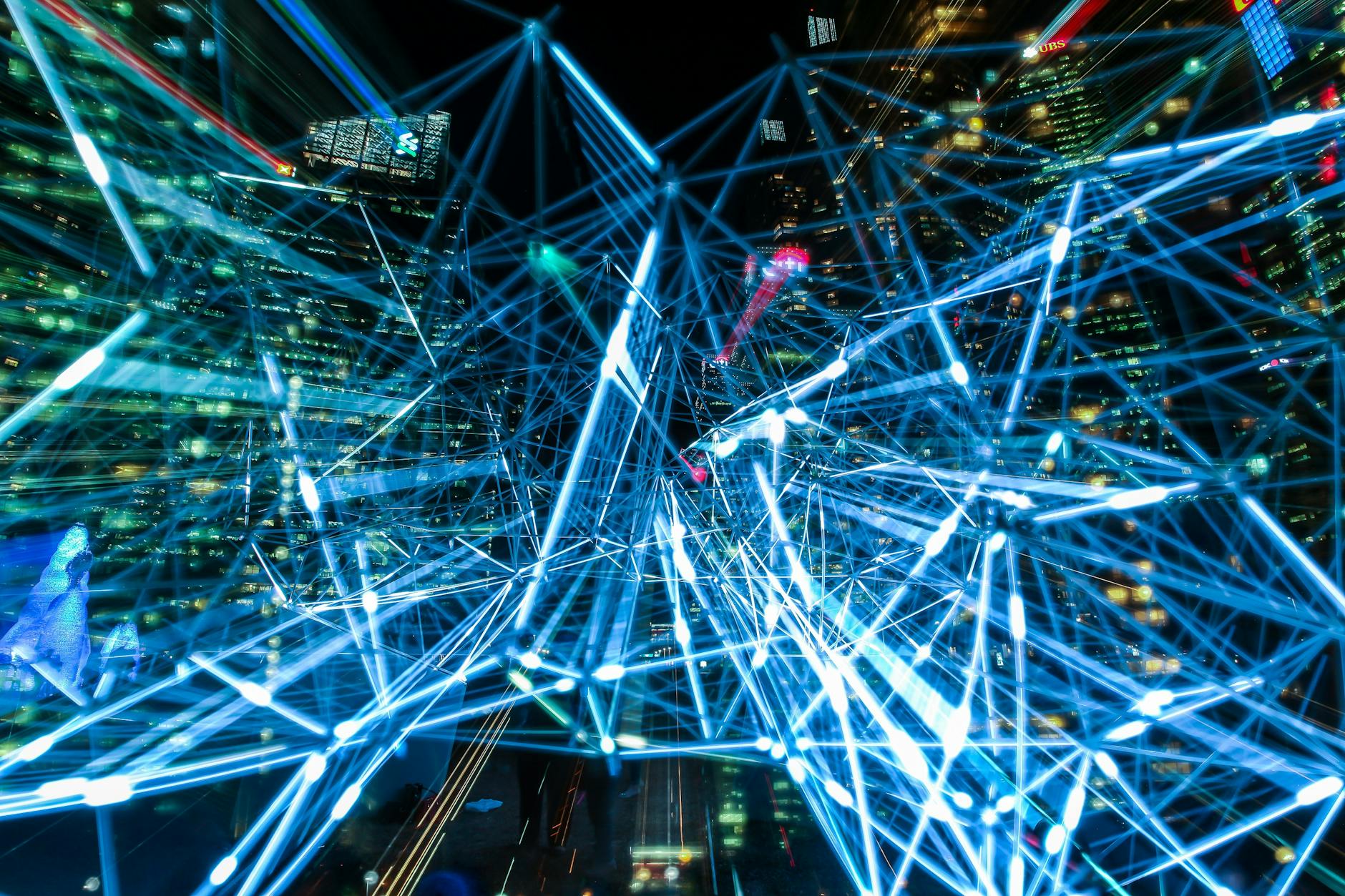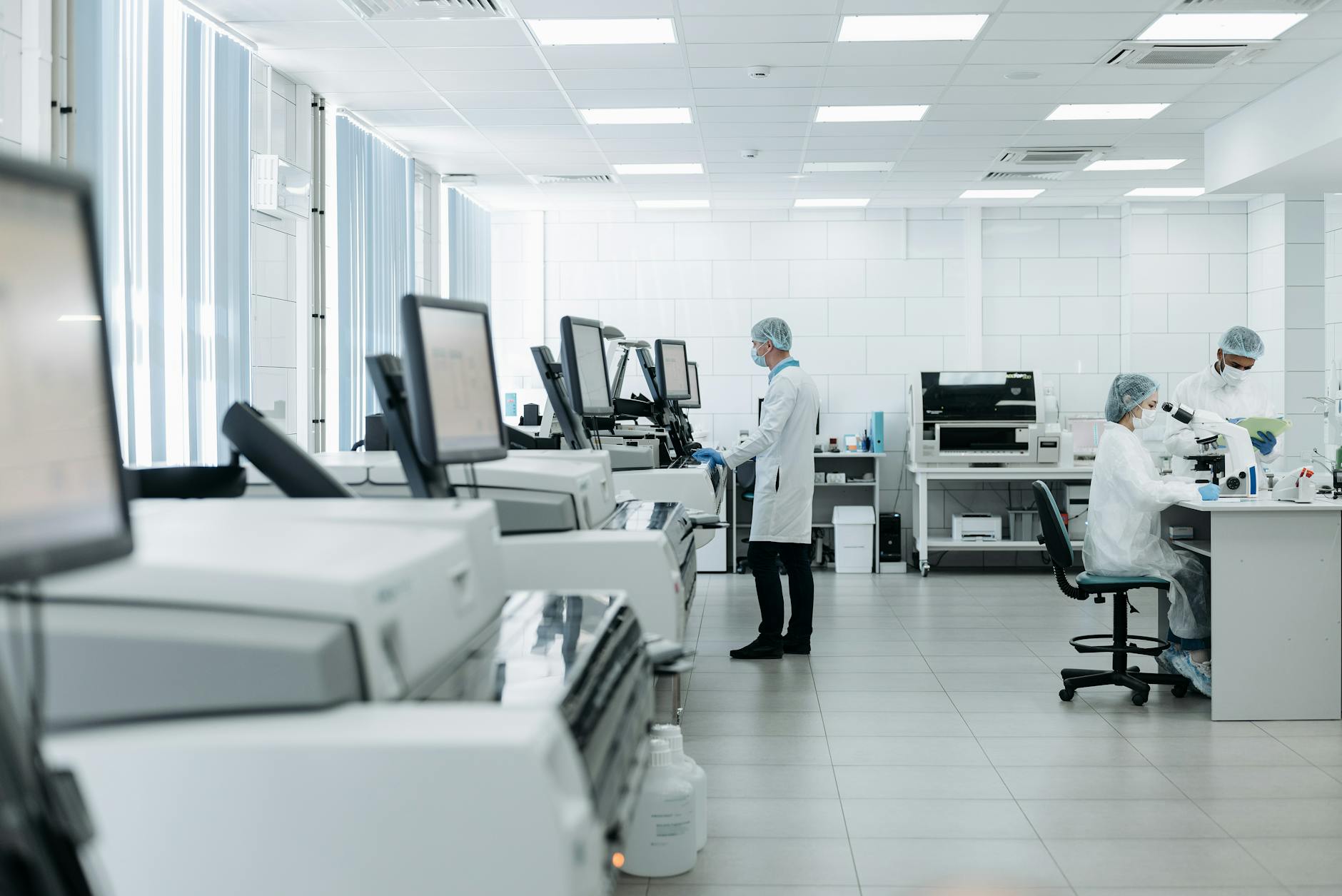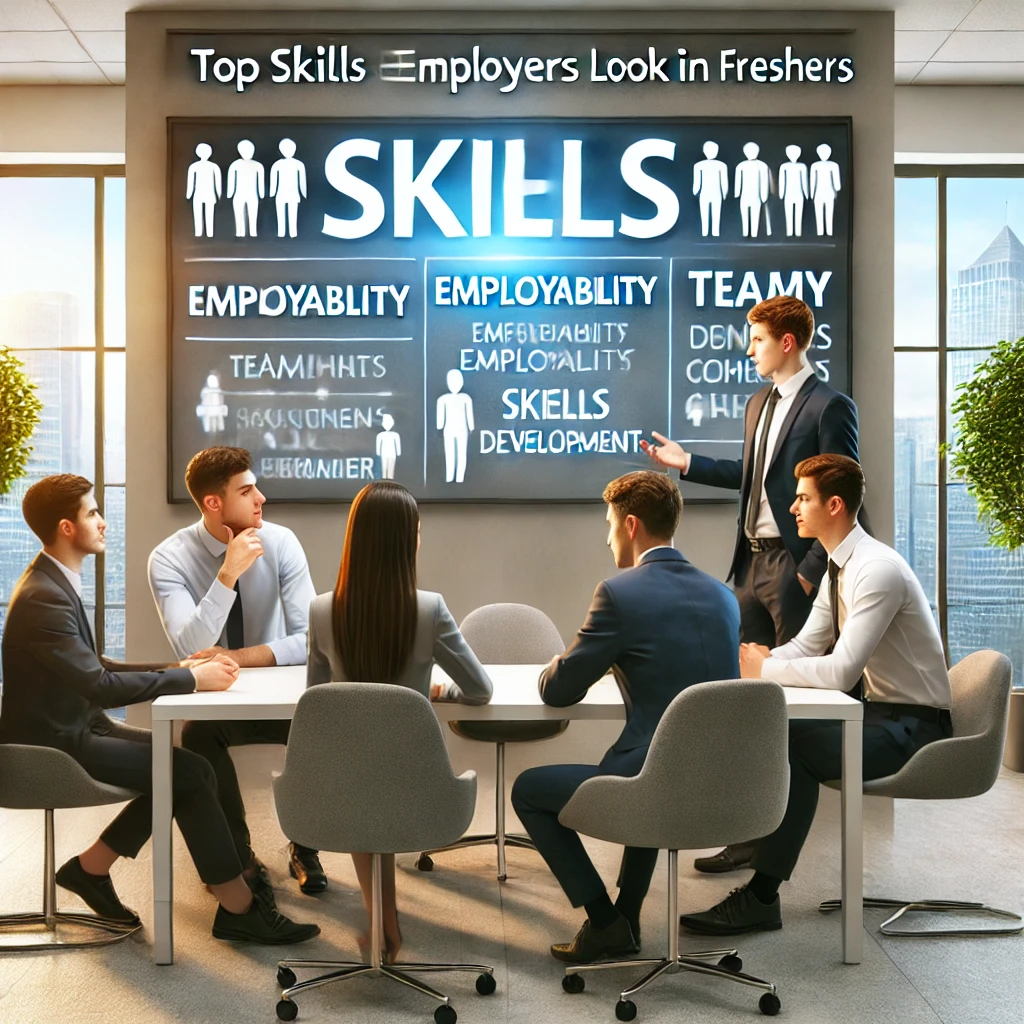The world is on the cusp of a technological revolution, with Artificial Intelligence (AI) leading the charge. Over the next decade, the integration of AI across industries will reshape our lives, revolutionize businesses, and redefine societal norms. Let’s explore the 7 profound changes that an AI-powered future will bring.
Table of Contents
- AI in Healthcare: A New Era of Precision Medicine
- Smart Cities: AI-Driven Urban Transformation
- Education 4.0: Personalized Learning Experiences
- AI and the Workforce: Redefining Employment
- AI in Climate Action: Tackling Global Challenges
- Hyper-Personalized Retail Experiences
- The Ethical Evolution of AI
1. AI in Healthcare: A New Era of Precision Medicine
Healthcare is set to undergo a monumental transformation with the integration of AI. The coming years will witness an era of precision medicine, where treatments are tailored to individual patients.
- Early Disease Detection: AI-powered algorithms can analyze medical data and identify patterns indicative of diseases, such as cancer or heart conditions, long before symptoms appear. This early detection can save millions of lives.
- Personalized Treatment Plans: AI will analyze a patient’s genetic information, lifestyle, and medical history to create customized treatment regimens.
- AI-Assisted Surgeries: Robotic systems guided by AI will enhance the precision of surgeries, minimizing errors and reducing recovery times.
- Telemedicine and Virtual Health: AI will enable doctors to provide accurate diagnoses remotely, making healthcare accessible in even the most remote areas.
Discover the latest AI innovations in healthcare.
2. Smart Cities: AI-Driven Urban Transformation

AI-Driven Urban Transformation
Urban areas are embracing AI to become smarter, more efficient, and more sustainable. Smart cities of the future will prioritize convenience and environmental stewardship.
- Dynamic Traffic Management: AI monitors and manages real-time traffic, reducing congestion and improving air quality.
- Smart Energy Grids: Cities will adopt AI-powered energy systems to optimize power distribution and reduce wastage.
- Public Safety: AI-driven surveillance systems will enhance security by identifying potential threats in real-time.
- Waste Management: AI will optimize waste collection and recycling processes, leading to cleaner urban spaces.
Smart cities will not only improve the quality of life but also play a pivotal role in addressing global environmental concerns.
3. Education 4.0: Personalized Learning Experiences
AI is revolutionizing education by creating adaptive and personalized learning systems that cater to individual needs.
- Tailored Learning Paths: AI platforms will assess a student’s strengths, weaknesses, and learning preferences to create customized educational journeys.
- Virtual Tutors: AI-driven chatbots and virtual assistants will provide instant feedback and support to students.
- Immersive Learning with AI: Technologies like AR and VR, powered by AI, will bring subjects to life, making learning more engaging.
- Lifelong Learning: AI will make it easier for professionals to upskill or reskill by offering flexible, targeted courses.
The classroom of tomorrow will be a blend of human guidance and AI-driven tools, ensuring education reaches everyone effectively.
4. AI and the Workforce: Redefining Employment

Redefining Employment
The workforce is poised for significant changes as AI continues to automate routine tasks while creating new opportunities for innovation.
- Job Automation: While some repetitive jobs may become obsolete, AI will open doors to roles requiring creativity, emotional intelligence, and advanced problem-solving.
- Upskilling and Reskilling: Workers will need to acquire new skills to remain competitive. AI-powered training platforms will simplify this transition.
- Remote Work Enhancements: AI tools will facilitate seamless collaboration and communication among remote teams, boosting productivity.
- Entrepreneurial Growth: AI will lower entry barriers for startups by offering accessible tools for product development and market analysis.
Read more about the future of work with AI.
5. AI in Climate Action: Tackling Global Challenges
AI will be a game-changer in addressing environmental issues and combating climate change.
- Renewable Energy Optimization: AI will manage renewable energy sources like solar and wind, ensuring consistent energy supply.
- Climate Modeling: Advanced AI models will predict climate patterns, enabling proactive measures against natural disasters.
- Wildlife Conservation: AI-powered drones and sensors will monitor wildlife habitats, helping to protect endangered species.
- Sustainable Agriculture: AI will optimize crop yields and reduce water consumption, supporting global food security.
With AI’s assistance, we can make significant strides toward a more sustainable future.
6. Hyper-Personalized Retail Experiences
Retail is set to evolve dramatically, with AI delivering personalized experiences tailored to individual shoppers.
- Enhanced Customer Insights: AI will analyze shopping behaviors to predict customer needs and preferences.
- Virtual Shopping Assistants: AI chatbots will assist customers in finding the perfect products quickly.
- Augmented Reality (AR): AI-powered AR will allow shoppers to try on clothes virtually or visualize furniture in their homes.
- Efficient Inventory Management: AI will optimize stock levels, reduce waste, and ensure product availability.
Explore AI’s impact on retail.
7. The Ethical Evolution of AI

Evolution of AI
Ethical considerations will take center stage as AI becomes deeply ingrained in our lives.
- Bias Mitigation: Developers will work on eliminating biases in AI algorithms to ensure fairness and inclusivity.
- Transparency: AI systems will be designed to explain their decisions, fostering trust among users.
- Regulatory Frameworks: Governments will establish clear guidelines for AI usage, ensuring accountability.
- AI for Social Good: Ethical AI will prioritize projects that benefit humanity, from healthcare to disaster response.
Ethics will be the cornerstone of AI’s evolution, ensuring it serves as a force for good.
Why Embrace the AI-Powered Future?
The AI-powered future promises profound advancements across various domains. By embracing these changes, we can harness the potential of AI to create a smarter, more sustainable world.



Thanks for sharing. I read many of your blog posts, cool, your blog is very good.